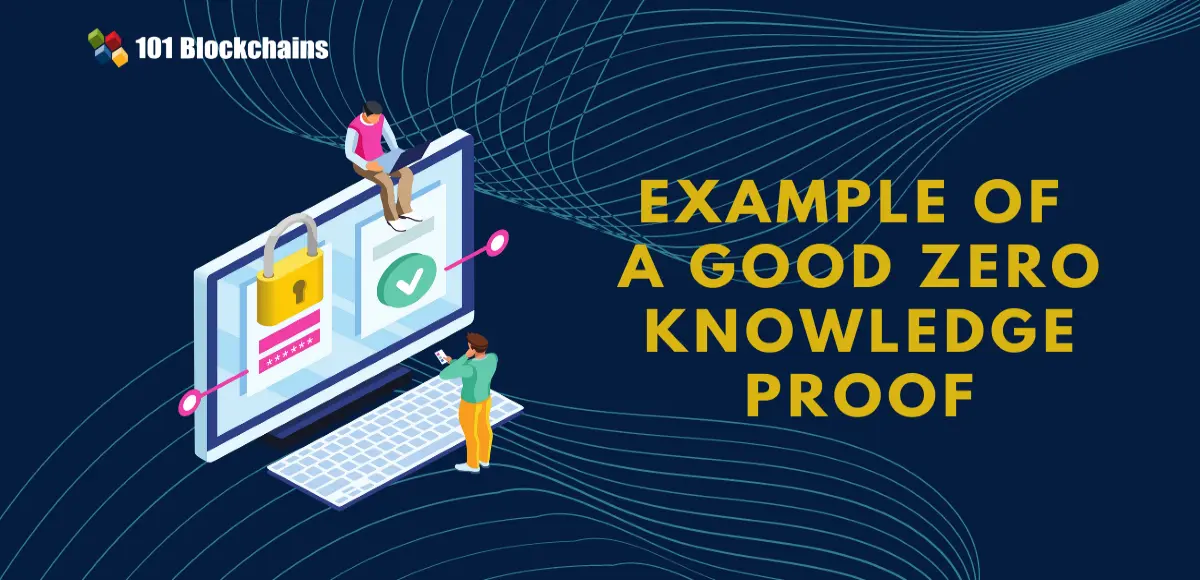
Mastering Privacy: The Power of Zero-Knowledge Proofs
In the realm of digital transactions, privacy is paramount. Zero-Knowledge Proofs (ZKPs) have emerged as a revolutionary tool, enabling parties to prove the authenticity of information without revealing the actual data. Let’s explore the intricacies of Zero-Knowledge Proofs and their transformative impact on privacy in digital transactions.
Understanding Zero-Knowledge Proofs
Zero-Knowledge Proofs, a cryptographic concept, allow one party (the prover) to convince another party (the verifier) that a specific statement is true without disclosing any information about the statement itself. This elegant solution ensures the validation of information without compromising sensitive data, introducing a new era of privacy in digital interactions.
The Core Principles of Zero-Knowledge Proofs
At the heart of Zero-Knowledge Proofs are three fundamental principles: completeness, soundness, and zero-knowledge. Completeness ensures that a valid statement will be accepted by the verifier. Soundness guarantees that an incorrect statement will be rejected. The most intriguing principle, zero-knowledge, ensures that the verifier gains no additional information about the statement beyond its validity.
Applications in Digital Transactions
Zero-Knowledge Proofs find applications in various fields, but their impact on digital transactions is particularly noteworthy. In financial transactions, for example, ZKPs can be employed to prove the ownership of funds without disclosing the actual account balance. This level of privacy is invaluable in an era where data breaches and identity theft are growing concerns.
Enhancing Blockchain Security
Blockchain, the technology behind cryptocurrencies, has embraced Zero-Knowledge Proofs to enhance privacy and security. ZK-SNARKs (Zero-Knowledge Succinct Non-Interactive Arguments of Knowledge) enable transactions to be verified without revealing the sender, receiver, or transaction amount. This innovation has paved the way for privacy-focused cryptocurrencies that prioritize anonymity.
Challenges and Advancements in Zero-Knowledge Proofs
While Zero-Knowledge Proofs offer a robust solution for privacy concerns, challenges exist. Achieving a balance between privacy and transparency is an ongoing endeavor. Researchers are continually advancing ZKP techniques, exploring new cryptographic methods and improving efficiency to make them more accessible and applicable in diverse scenarios.
Real-World Implications of Zero-Knowledge Proofs
In a world driven by data and digital interactions, the implications of Zero-Knowledge Proofs are far-reaching. Individuals and businesses can engage in secure transactions without fear of exposing sensitive information. This not only protects user privacy but also builds trust in digital ecosystems where confidentiality is a precious commodity.
Zero-Knowledge Proofs in Action
Consider a scenario where a user wants to prove they are of legal drinking age without revealing their exact birthdate. Zero-Knowledge Proofs enable the user to convince the verifier of their eligibility without disclosing the specific information. This application extends to various age-restricted services and demonstrates the practicality of ZKPs in daily life.
The Road Ahead: Integrating Zero-Knowledge Proofs
As technology evolves, the integration of Zero-Knowledge Proofs is poised to become more widespread. Privacy-conscious individuals and organizations are recognizing the importance of adopting ZKPs to protect sensitive information in an increasingly interconnected digital landscape.
Educating the Digital Community
To fully harness the potential of Zero-Knowledge Proofs, education and awareness are key. As the technology


